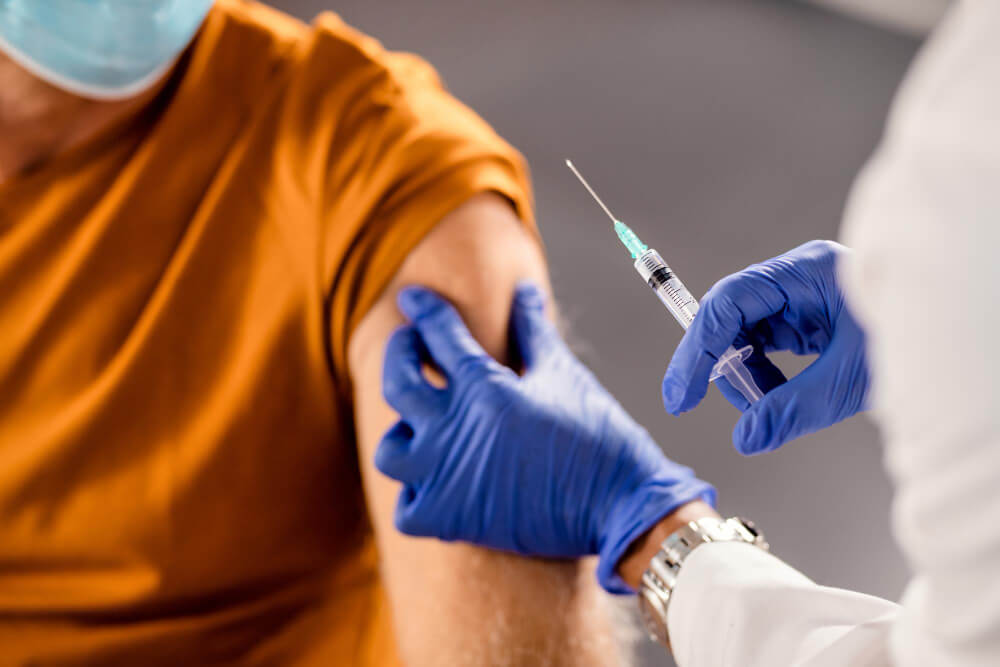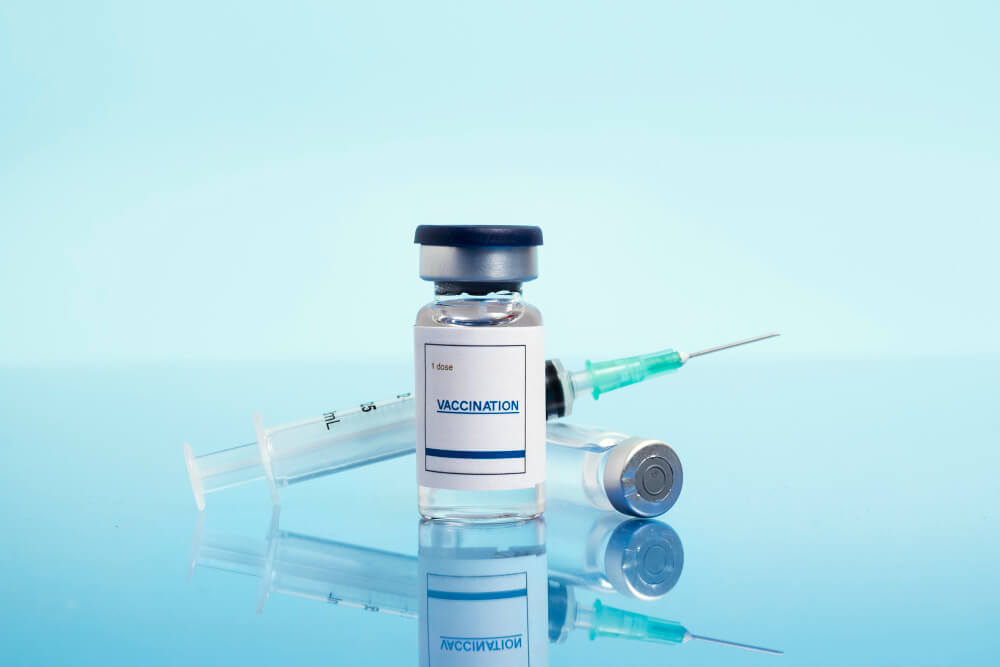Occupational Vaccines: Protect Yourself from Workplace Hazards
Your job is your livelihood, a source of pride and accomplishment. But did you know that certain occupations expose you to unique health risks? From construction sites to healthcare facilities, various workplaces can harbor unseen dangers in the form of infectious diseases. But there’s a powerful weapon in your arsenal to combat these threats: occupational vaccines.
This guide delves into the importance of occupational health and the critical role vaccines play in protecting you from workplace illnesses. We’ll explore the different types of occupational hazards, the benefits of getting vaccinated, and common vaccines recommended for various professions. By understanding these factors, you can make informed decisions about your health and ensure a safe, healthy career journey.

Understanding Occupational Hazards and Risks
The nature of your work environment can expose you to a variety of health hazards, some more evident than others. Here’s a breakdown of some common hazards and their potential dangers:
- Biological hazards: These include bacteria, viruses, and other pathogens that can cause infectious diseases. Healthcare workers, waste management professionals, and those working with animals are at high risk.
- Chemical hazards: Exposure to chemicals like solvents, pesticides, and dust can lead to respiratory problems, skin irritation, and even cancer. This risk is prevalent in construction, manufacturing, and agriculture.
- Physical hazards: These include noise, extreme temperatures, and radiation, which can cause hearing loss, heatstroke, and other health issues. Construction workers, firefighters, and those in industrial settings are more susceptible.
These hazards can lead to a range of occupational illnesses, depending on the exposure. Some common examples include:
- Hepatitis B: This virus can cause liver damage and is a risk for healthcare workers and those exposed to bodily fluids.
- Influenza (Flu): This highly contagious respiratory illness can affect anyone, but healthcare workers and those working in close quarters are particularly vulnerable.
- Tetanus: This potentially fatal disease affects the nervous system and can be contracted from contaminated soil or animal bites. Construction workers and those in agriculture are at higher risk.
Importance of Occupational Vaccines in Preventing Workplace Illnesses
Occupational vaccines are a crucial component of a comprehensive occupational health program. They act as a shield, equipping your body with the ability to fight off specific infections before you become seriously ill. Here’s how vaccines benefit your health at work:
- Immunity Boost: Vaccines introduce a weakened or inactive form of a virus or bacteria to your body. This triggers your immune system to develop antibodies, essentially training it to recognize and fight off the real pathogen if you encounter it later.
- Reduced Absenteeism: Getting vaccinated significantly reduces your risk of contracting occupational illnesses. This means fewer missed workdays due to illness, which translates to increased productivity and job security.
- Improved Work Performance: Feeling unwell can significantly impact your energy levels and focus. Vaccines help you stay healthy and perform at your best at work.
Reduced Healthcare Costs: Prevention is always better than cure. Vaccinations prevent the need for costly medical treatments associated with occupational illnesses.
Common Occupational Vaccines and Their Benefits

Several essential vaccines are recommended for various professions depending on the specific workplace hazards. Here’s an overview of some common occupational vaccines:
- Hepatitis B vaccine: This vaccine protects against hepatitis B, a potentially life-threatening liver infection. It’s recommended for healthcare workers, laboratory technicians, and those who have regular contact with bodily fluids.
- Tetanus, Diphtheria, and Pertussis (Tdap) vaccine: This vaccine protects against tetanus, a serious bacterial infection that affects the nervous system; diphtheria, a respiratory illness; and pertussis (whooping cough). It’s recommended for most workers, especially those in construction, healthcare, and service industries.
- Influenza (Flu) vaccine: This annual vaccine protects against seasonal influenza strains. It’s recommended for everyone, but especially healthcare workers, teachers, and those in close contact with the public.
- Measles, Mumps, and Rubella (MMR) vaccine: This vaccine protects against measles, mumps, and rubella, all highly contagious childhood diseases. It’s recommended for healthcare workers, childcare workers, and those who might travel internationally for work.
- Varicella (Chickenpox) vaccine: This vaccine protects against chickenpox, a highly contagious infection that can cause serious complications. It’s recommended for healthcare workers, childcare workers, and those who haven’t had chickenpox as a child.
